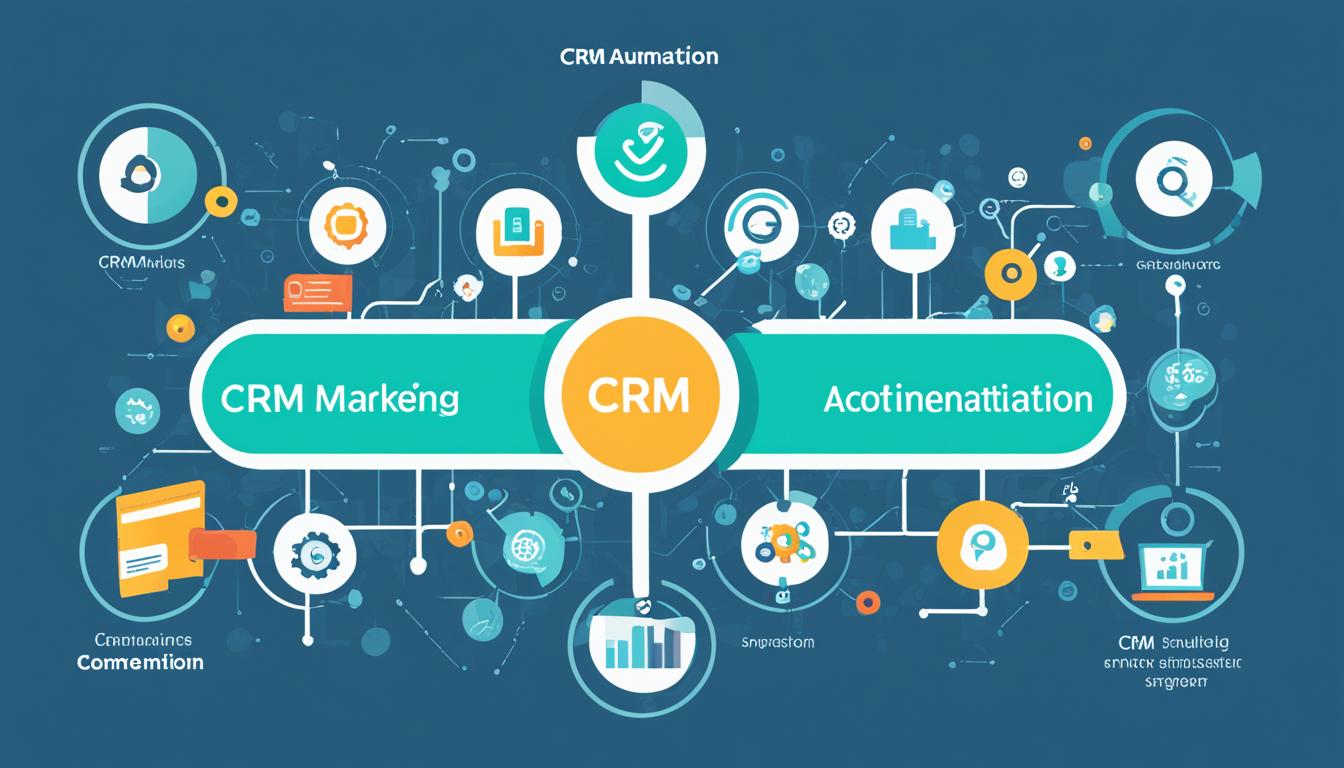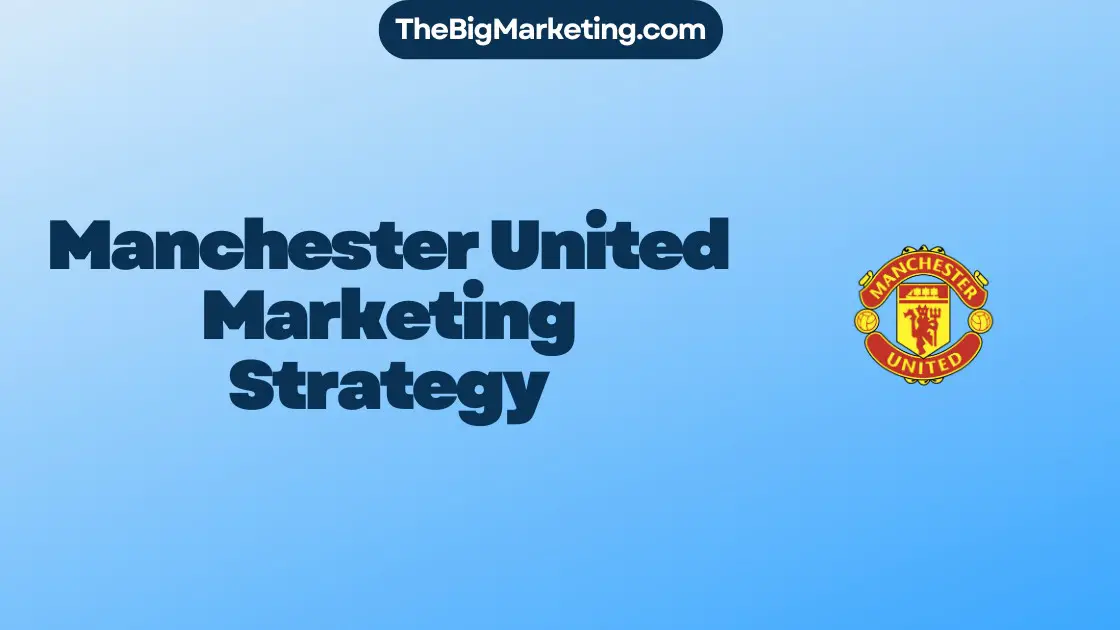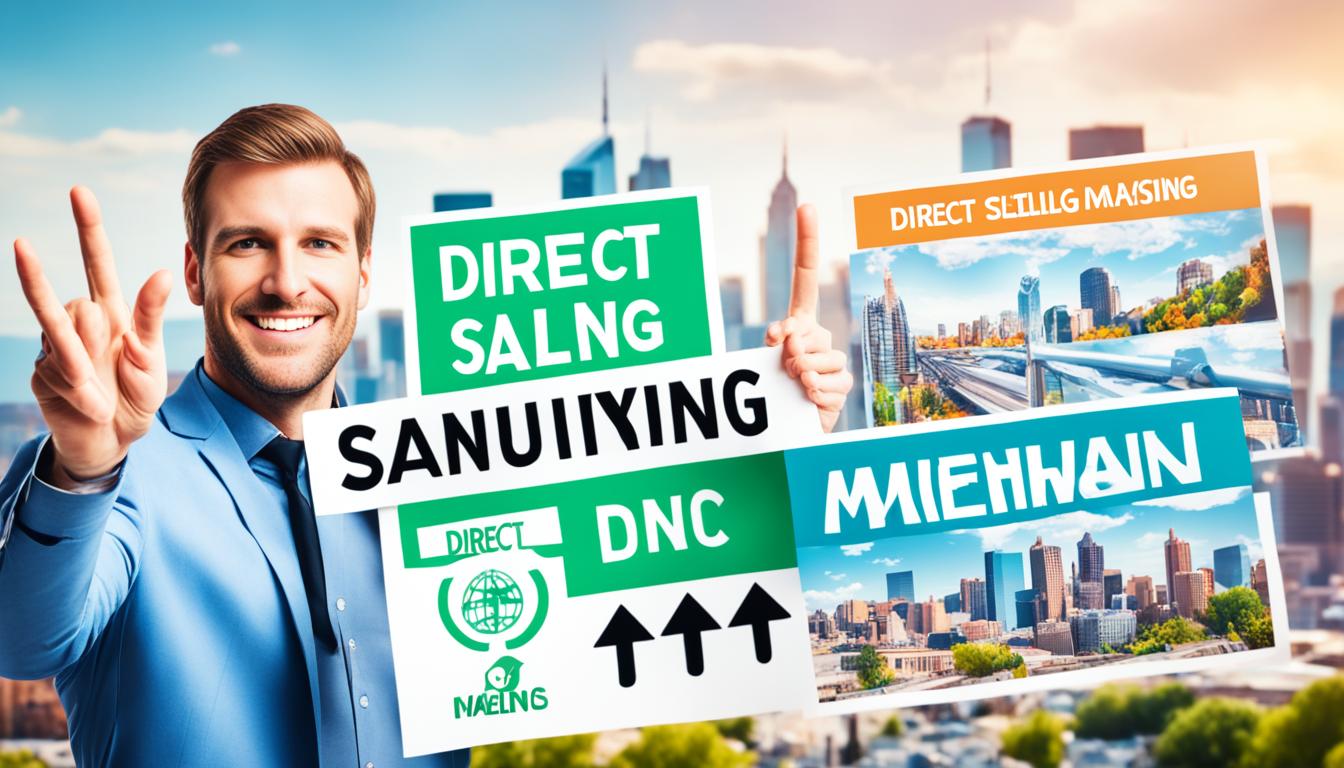Marketing solutions play a crucial role in the success of businesses today. They provide end-to-end decision-making support to Chief Marketing Officers (CMOs), helping them optimize marketing spend, enhance brand growth, establish a strong digital presence, and drive customer engagement. By leveraging the expertise of marketing agencies and digital marketing services, companies can effectively navigate the ever-evolving landscape of marketing strategies.
With the rise of online advertising and the shift towards inbound marketing, marketing solutions help businesses make data-driven decisions, optimize their marketing budgets, and drive sustainable growth. These solutions enable companies to outperform competitors and maximize their revenue potential.
In today’s digital age, social media marketing and search engine optimization (SEO) are vital components of any successful marketing strategy. Marketing solutions provide the necessary tools and insights to effectively manage brand management, personalize customer communication, and implement digital service offerings.
Key Takeaways:
- Marketing solutions support CMOs in optimizing marketing spend and personalizing customer communication.
- These solutions enable businesses to achieve brand growth, outperform competitors, and drive significant revenue uplift.
- Marketing solutions offer data-driven decision-making, sustainable growth, and savings in marketing budgets.
- Personalization and digital services play a crucial role in improving campaign effectiveness and customer relationships.
- A case study demonstrated a 14% uplift in revenue per user after implementing marketing solutions.
The Changing Landscape of Marketing
Marketing is evolving at a rapid pace, presenting new challenges for Chief Marketing Officers (CMOs). In this ever-changing landscape, CMOs need to navigate through various aspects, such as marketing spend allocation, understanding customer needs, managing increased expectations, and driving conversions.
Gone are the days when traditional marketing methods were sufficient to capture the attention of consumers. Today, customers have become more discerning and have increased expectations from brands. They expect personalized experiences, relevant content, and seamless interactions across various touchpoints. Additionally, the rise of digital marketing has brought about a paradigm shift in how businesses engage with their audience.
CMOs are faced with the challenge of effectively allocating their marketing spend to achieve maximum impact. They need to identify the most effective channels, strategies, and tactics that will drive conversions and deliver a positive return on investment.
To address these challenges, marketing solutions have emerged as a valuable resource for CMOs. These solutions provide the necessary support to optimize marketing efforts and drive topline growth, all while ensuring savings on marketing budgets.
This image exemplifies the importance of marketing spend allocation in driving results and ROI. With effective marketing spend allocation, businesses can strategically invest their resources in areas that will yield the highest returns.
Key Benefits of Marketing Solutions
Marketing solutions offer several key benefits that empower businesses to make data-driven decisions, drive sustainable growth, outperform competitors, and achieve significant savings in their marketing budgets.
Data-Driven Decisions
Marketing solutions provide valuable insights and analytics that enable companies to make informed decisions based on real-time data. By harnessing the power of data, businesses can identify trends, understand customer behavior, and optimize their marketing strategies for maximum impact.
Sustainable Growth
With marketing solutions, businesses can cultivate sustainable growth by implementing effective marketing strategies tailored to their target audience. By leveraging data and insights, companies can identify growth opportunities, explore new markets, and optimize their marketing efforts to achieve long-term success.
Outperform Competitors
Marketing solutions help businesses gain a competitive edge by providing a deep understanding of market dynamics and consumer preferences. Armed with this knowledge, companies can differentiate themselves from competitors and develop compelling marketing campaigns that resonate with their target audience.
Marketing Budget Savings
One of the most significant benefits of marketing solutions is the ability to achieve substantial savings in marketing budgets. By leveraging data-driven insights, businesses can optimize their marketing spend, identify cost-effective channels, and eliminate unnecessary expenses, resulting in substantial budget savings.
Image: Illustration showcasing the concept of marketing budget savings
Personalization and Digital Services
In today’s competitive business landscape, customer insights, personalization, and digital service offerings are key components of successful marketing strategies. Marketing solutions play a crucial role in helping businesses leverage these elements to improve customer relationships and enhance campaign effectiveness.
One of the primary benefits of marketing solutions is the ability to gather valuable customer insights. By analyzing data and understanding consumer behavior, businesses can gain a deeper understanding of their target audience. These insights enable companies to tailor their marketing efforts to meet customer needs and preferences, resulting in more personalized and engaging interactions.
Additionally, marketing solutions offer end-to-end personalization and digital service offerings. This means that businesses can deliver tailored content, messages, and experiences to their customers at every touchpoint. Whether it’s personalized product recommendations, targeted email campaigns, or customized website experiences, personalization allows businesses to create meaningful connections and drive customer engagement.
Moreover, digital service offerings provided by marketing solutions enable businesses to optimize their online presence and enhance their digital marketing strategies. These services may include website development and optimization, search engine optimization (SEO), social media marketing, online advertising, and more. By leveraging these digital services, businesses can increase their visibility, reach a wider audience, and ultimately drive better results from their marketing campaigns.
Overall, marketing solutions offer the tools and capabilities necessary for businesses to harness customer insights, deliver personalized experiences, and optimize their digital service offerings. By leveraging these capabilities, companies can stay ahead in today’s digital-first world and drive increased customer engagement and satisfaction.
Case Study: Revenue Uplift with Marketing Solutions
A case study of Europe’s largest consumer electronics retailer demonstrates the significant impact that marketing solutions can have on revenue uplift. By implementing marketing solutions, this retailer experienced a remarkable 14% increase in revenue per user, showcasing the effectiveness of these strategies in driving business growth.
Marketing solutions provide invaluable support to businesses in the consumer electronics industry, helping them navigate the competitive landscape, enhance customer engagement, and optimize their digital presence. Through strategic marketing efforts and data-driven decision-making, these solutions empower retailers to cultivate sustainable growth and outperform their competitors.
By leveraging marketing solutions, consumer electronics retailers can identify new opportunities to engage with their target audience, personalize their marketing campaigns, and optimize their marketing budgets. This leads to improved customer relationships, increased conversions, and, ultimately, a substantial uplift in revenue.
With the ever-evolving nature of the consumer electronics industry, it is crucial for retailers to stay ahead of the curve and embrace innovative marketing strategies. Marketing solutions play a pivotal role in helping retailers adapt to changing consumer behavior and deliver tailored experiences that resonate with their customers.
A comprehensive marketing strategy that incorporates marketing solutions can provide consumer electronics retailers with the competitive edge needed to succeed in today’s dynamic market. By leveraging data-driven insights, personalized campaigns, and digital services, these retailers can enhance their brand perception, drive innovation, and achieve remarkable revenue growth.
In conclusion, the case study of Europe’s largest consumer electronics retailer illustrates the transformative power of marketing solutions in driving revenue uplift. By embracing these strategies, retailers can unlock new opportunities, engage with their customers on a deeper level, and propel their business towards success.
The Importance of Personalization
Personalization is a key factor in understanding and catering to consumer behavior. It plays a crucial role in shaping brand perception, identifying innovation opportunities, driving revenue growth, and developing optimal portfolio strategies. Through the use of marketing solutions, businesses can gain valuable insights into consumer behavior and preferences, allowing them to create tailored experiences that resonate with their target audience.
By understanding consumer behavior, companies can anticipate and meet the evolving needs and expectations of their customers. This deep understanding enables brands to deliver personalized experiences that forge stronger connections and build trust. When customers feel understood and valued, they are more likely to engage with a brand, make repeat purchases, and become loyal advocates.
Moreover, personalization opens up new opportunities for innovation and growth. Through data-driven insights provided by marketing solutions, businesses can identify areas where they can introduce innovative products or services that align with customer preferences or solve their pain points. This strategic approach to innovation ensures that companies stay ahead of the competition and continuously provide value to their customers.
In addition to driving innovation, personalized marketing strategies contribute to revenue growth. By tailoring messages and offerings to individual consumers, businesses can increase conversion rates and sales. A study by Accenture found that 91% of consumers are more likely to shop with brands that provide relevant offers and recommendations.
Finally, personalization allows companies to optimize their portfolio strategies. By analyzing consumer data and behavior, businesses can identify which products or services are performing well and which ones are underperforming. This insight helps companies streamline their product portfolio, focus on areas of strength, and make informed decisions about resource allocation and investment.
Overall, personalization is essential for companies looking to thrive in today’s competitive landscape. It is a powerful tool that can drive customer engagement, enhance brand perception, uncover innovation opportunities, stimulate revenue growth, and shape effective portfolio strategies.
Bridging Product Marketing and Solution Marketing
Product marketing and solution marketing are two essential components of an effective marketing strategy. While product marketing focuses on showcasing the features and benefits of a particular product, solution marketing takes a buyer-centric approach, centering on the buyer’s vision for success. By bridging these two disciplines, companies can create a comprehensive marketing approach that combines the strengths of both.
One of the key differences between product marketing and solution marketing lies in the messaging. Product marketing emphasizes the unique features and functionalities of a product, highlighting how it can meet specific customer needs. On the other hand, solution marketing dives deeper into the buyer’s business challenges and offers value-driven, buyer-centric messaging that addresses those challenges directly.
By adopting a solution marketing approach, companies can better align their messaging with the buyer’s journey and pain points, ultimately building stronger connections with their target audience. This buyer-centric messaging focuses on the value and benefits that the solution can provide, enabling companies to position themselves as partners rather than mere product vendors.
Furthermore, solution marketing places a strong emphasis on user value. Rather than solely highlighting the features of a product, solution marketing emphasizes the overall value that the solution delivers to the buyer. This helps to build trust and credibility, as it demonstrates a deep understanding of the buyer’s needs and challenges.
Ultimately, bridging product marketing and solution marketing allows companies to create a holistic marketing strategy that encompasses both product-specific messaging and broader solution-oriented messaging. By combining these approaches, companies can effectively communicate the value of their products while also addressing the unique needs and challenges of their target audience.
Case Study: Optimizing Product Messaging for Buyer Success
To illustrate the importance of bridging product marketing and solution marketing, let’s consider a case study:
A leading software company was struggling to drive sales for its flagship product. Despite having a feature-rich product, they were unable to effectively communicate its value to potential buyers. By adopting a solution marketing approach, they shifted their messaging from focusing on product features to showcasing how the solution could solve specific business challenges.
This shift in messaging allowed the company to connect with their target audience on a deeper level, demonstrating a clear understanding of their pain points and offering a solution that addressed those challenges. As a result, the company saw a significant increase in buyer engagement and ultimately, an uplift in sales.
By bridging product marketing and solution marketing, companies can optimize their messaging to align with the buyer’s vision for success, deliver value-driven, buyer-centric messaging, and ultimately drive business success.
Benefits of Solution Marketing for SMB and Midmarket
Solution marketing plays a crucial role in driving success for small and medium businesses (SMB) and midmarket companies. By implementing a targeted and focused messaging strategy, businesses can effectively engage their audience and win more customers. Let’s explore the key benefits that solution marketing brings to SMBs and midmarket companies.
1. Messaging Variety
Solution marketing allows businesses to create messaging that speaks directly to their target audience. Whether it’s a product-centric approach focusing on specific features or a solution-centric approach highlighting the value and outcomes, solution marketing provides the flexibility to tailor the messaging based on the buyer’s preferences and needs. This variety in messaging enables SMBs and midmarket companies to deliver a more personalized and compelling message to their prospective customers.
2. Product-Centric vs. Solution-Centric
Understanding whether a product-centric or solution-centric approach is more effective is crucial for SMBs and midmarket companies. Solution marketing helps businesses identify the right approach by considering the buyer’s pain points and desired outcomes. By positioning products or services as part of a comprehensive solution, businesses can better address the buyer’s needs and differentiate themselves from competitors.
3. Enhanced Buyer Engagement
Solution marketing focuses on engaging with the buyer at a deeper level. It helps SMBs and midmarket companies develop a thorough understanding of their target audience, including their industry-specific challenges and aspirations. Armed with this knowledge, businesses can tailor their messaging to resonate with the buyer’s unique needs, thereby increasing buyer engagement and driving sales.
Elevate Your Marketing Strategy with Solution Marketing
In conclusion, solution marketing offers significant benefits for SMBs and midmarket companies. By leveraging messaging variety, choosing between product-centric and solution-centric approaches, and focusing on enhanced buyer engagement, businesses can elevate their marketing strategies, stand out in the market, and drive growth.
Crafting the Right Message for Decision-Makers
In solution marketing, one of the key tasks is crafting a compelling value story that resonates with decision-makers. To effectively engage with these influential individuals, salespeople need to understand their unique business dynamics and offer tailored solutions that address their challenges. This requires strategic product positioning and solution positioning to showcase the specific value that your offering brings to the table.
When it comes to product positioning, it’s important to highlight the features, benefits, and unique selling points of your product. However, solution positioning takes it a step further by focusing on the broader impact and outcomes that your solution can deliver. By framing your offering as a comprehensive solution that solves specific pain points and drives measurable results, you can capture the attention and interest of decision-makers.
Crafting a Compelling Value Story
A value story is a powerful tool in solution marketing that communicates the tangible and intangible value your solution provides. It goes beyond simply stating the features and benefits and delves into the results and outcomes that decision-makers can expect from choosing your solution. To craft an effective value story, consider the following elements:
- Identify the specific challenges faced by your target audience and how your solution addresses those challenges.
- Highlight the quantifiable benefits and ROI that your solution delivers.
- Provide real-life examples and success stories that demonstrate the value of your solution in action.
- Emphasize the unique advantages and differentiators that set your solution apart from competitors.
- Use clear and concise language that resonates with decision-makers and speaks directly to their needs and goals.
By crafting a compelling value story, you can engage decision-makers on a deeper level, showcasing the impact and value that your solution brings to their organization.
Buyer Engagement and Solution Marketing
Effective buyer engagement is crucial in solution marketing. It involves understanding the needs, pain points, and aspirations of your target audience and tailoring your messaging and approach accordingly. To engage decision-makers, consider the following strategies:
- Conduct thorough research on your target audience and their specific business dynamics.
- Develop a deep understanding of their industry, challenges, and goals.
- Customize your messaging to align with their needs and address their pain points.
- Offer insights and thought leadership to position yourself as a trusted advisor.
- Provide relevant content and resources that educate and inform decision-makers.
By engaging decision-makers in a strategic and personalized manner, you can build trust, establish credibility, and increase the likelihood of securing their buy-in.
| Product Positioning | Solution Positioning |
|---|---|
| Focuses on features and benefits of the product | Emphasizes the broader impact and outcomes of the solution |
| Targets individual product users | Targets decision-makers and stakeholders |
| Shows how the product solves specific problems | Addresses the overall business challenges and goals |
| Highlights competitive advantages | Positions the solution as a comprehensive and superior choice |
Demand Generation in Solution Marketing
Solution marketing is a powerful tool for driving demand by delivering targeted and impactful messaging that resonates with the aspirations and needs of buyers at a higher business level. Unlike generic messaging, which may appeal to a broad audience, solution marketing focuses on addressing higher-level needs and challenges.
By understanding the specific pain points and goals of their target audience, solution marketers can create compelling messages that highlight the unique value their solutions provide. This approach goes beyond surface-level features and benefits, diving deep into the core problems faced by businesses and offering innovative solutions to address them.
When it comes to business-level needs, solution marketing takes into account the strategic objectives of the buyer, aligning the brand’s capabilities with their long-term goals. By demonstrating how their solutions can drive growth, improve efficiency, or solve critical challenges, solution marketers can capture the attention and interest of decision-makers.
Furthermore, solution marketing enables businesses to position themselves as valuable partners in helping their customers meet their higher-level needs. Whether it’s providing industry expertise, thought leadership, or advanced technology, solution marketers can craft messages that convey their commitment to driving their customers’ success.
For example, a software company specializing in supply chain management might employ a solution marketing strategy that emphasizes how their solution can help businesses streamline operations, reduce costs, and gain a competitive advantage. By focusing on the higher-level needs of their target market, such as increasing operational efficiency or improving customer satisfaction, they can more effectively generate demand and capture the attention of potential customers.
Ultimately, demand generation in solution marketing is about connecting with buyers on a deeper level and positioning the brand’s solutions as the best fit for their specific challenges and goals. By crafting messages that address higher-level needs, solution marketers can differentiate themselves from competitors and build strong relationships with their target audience.
| Benefits of Demand Generation in Solution Marketing |
|---|
| 1. Targeted messaging that speaks directly to the needs and aspirations of buyers at a higher business level. |
| 2. Improved engagement and response rates by addressing the specific pain points and challenges of the target audience. |
| 3. Differentiation from competitors by showcasing the brand’s unique value in solving higher-level needs. |
| 4. Increased demand and interest from decision-makers by aligning solutions with long-term strategic objectives. |
| 5. Strengthens customer relationships by positioning the brand as a trusted partner in achieving higher-level goals. |
Conclusion
Marketing solutions play a vital role in helping businesses achieve brand growth, establish a strong digital presence, and enhance customer engagement. By implementing these solutions, companies can optimize their marketing efforts and stay ahead in today’s highly competitive landscape.
With marketing solutions, businesses can make data-driven decisions, cultivate sustainable growth, and outperform competitors. These solutions also enable companies to save on marketing budgets while driving significant revenue uplift. By leveraging the power of personalization and digital services, businesses can improve campaign effectiveness and build deeper relationships with their customers.
Whether it’s through analyzing consumer behavior, crafting targeted messaging, or addressing higher-level business needs, marketing solutions provide the necessary tools and strategies to achieve success. By embracing these solutions, businesses can enhance their brand visibility, establish a strong digital presence, and unlock new opportunities for customer engagement.




